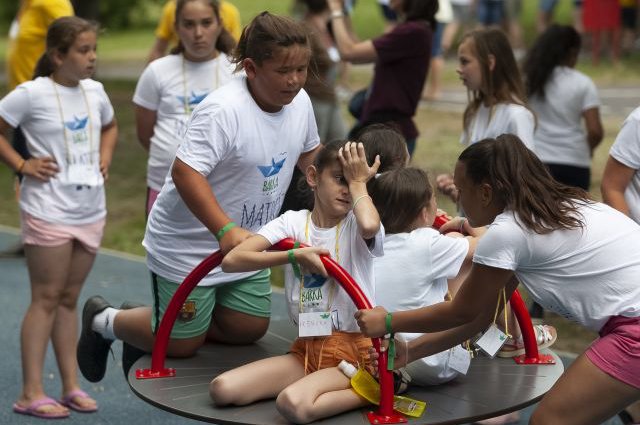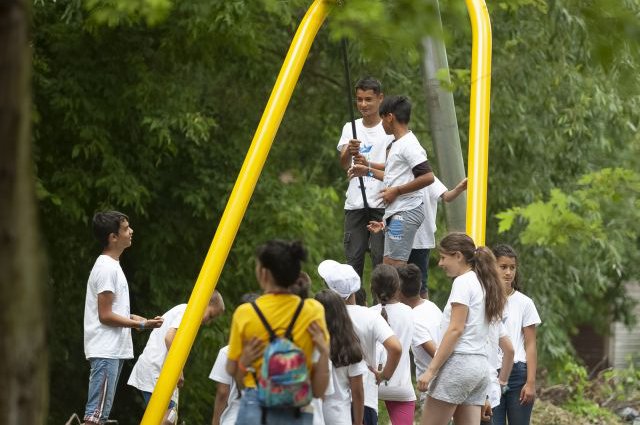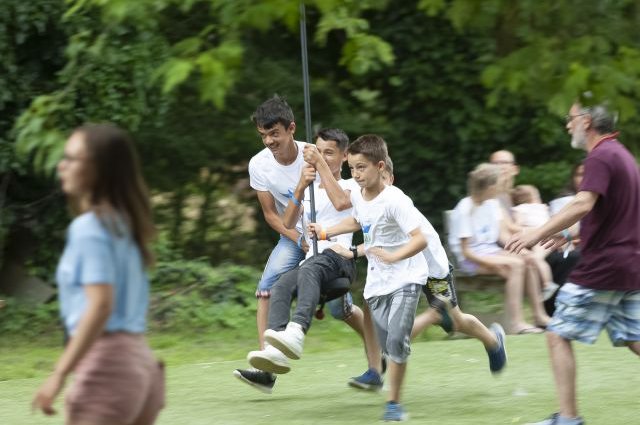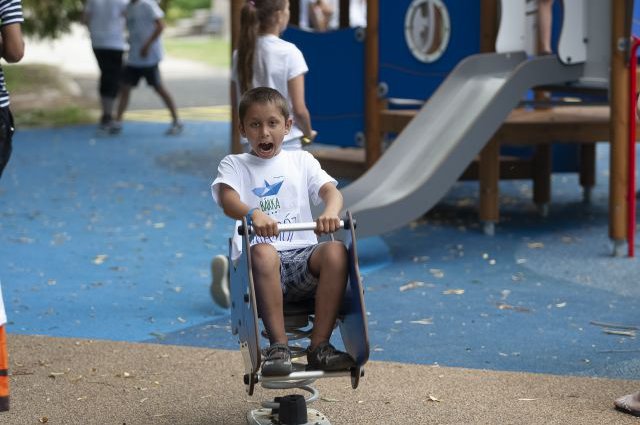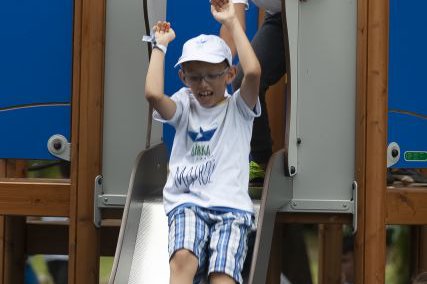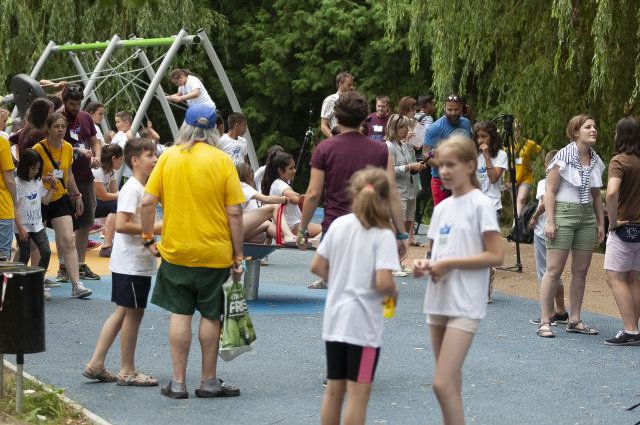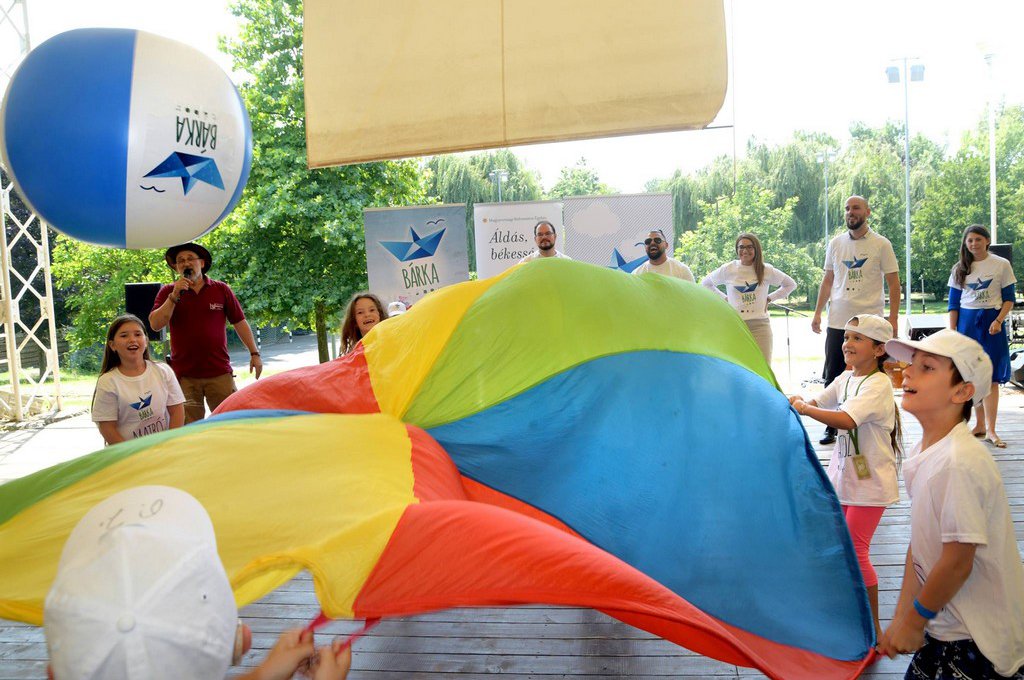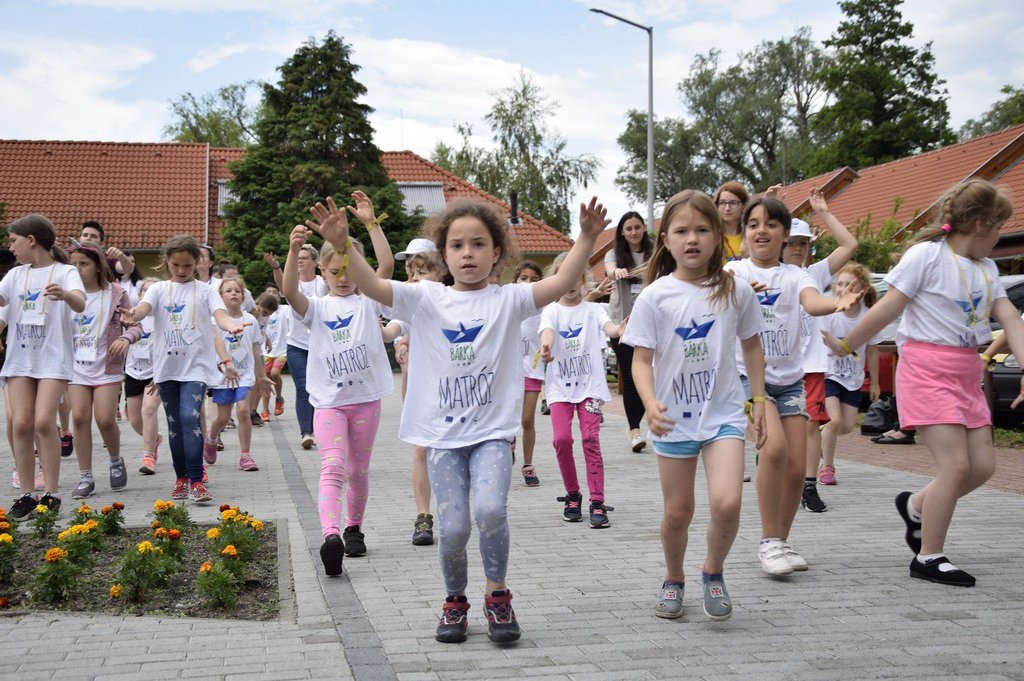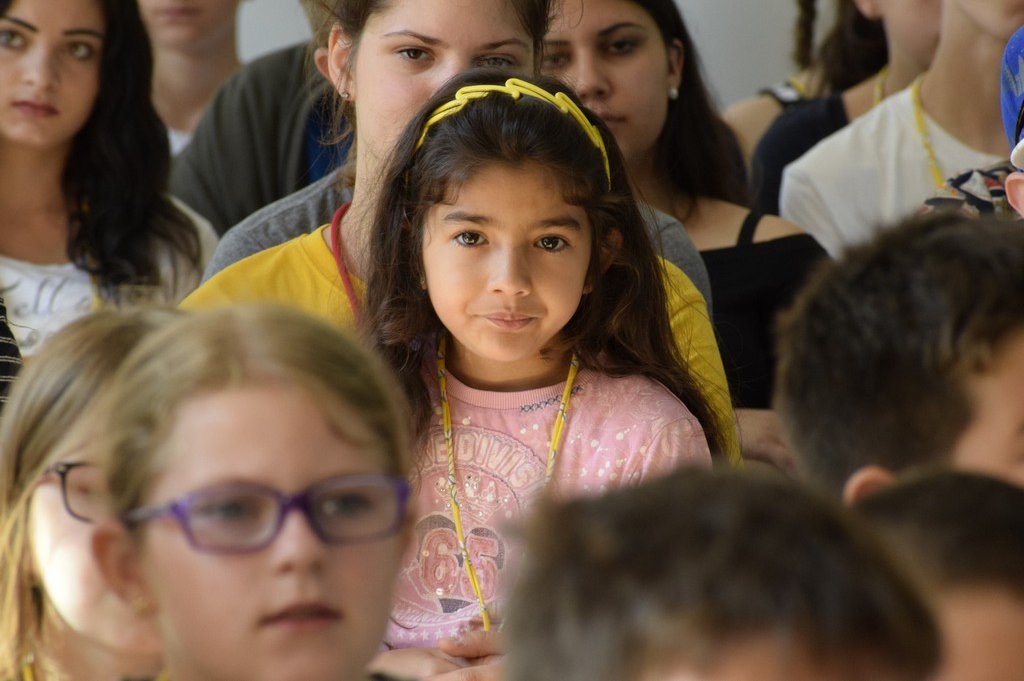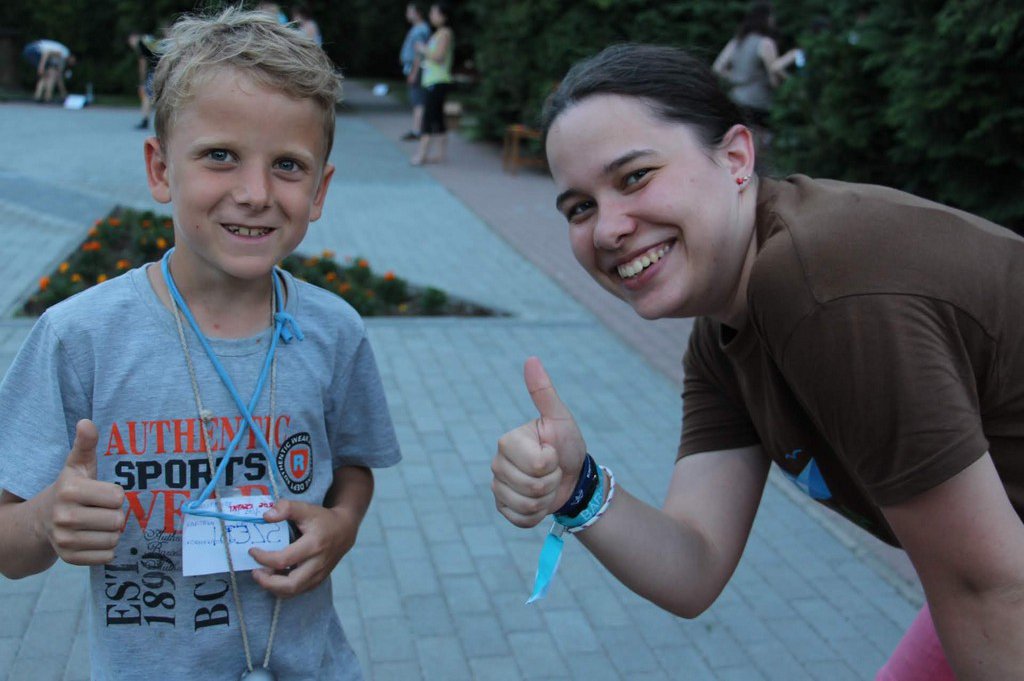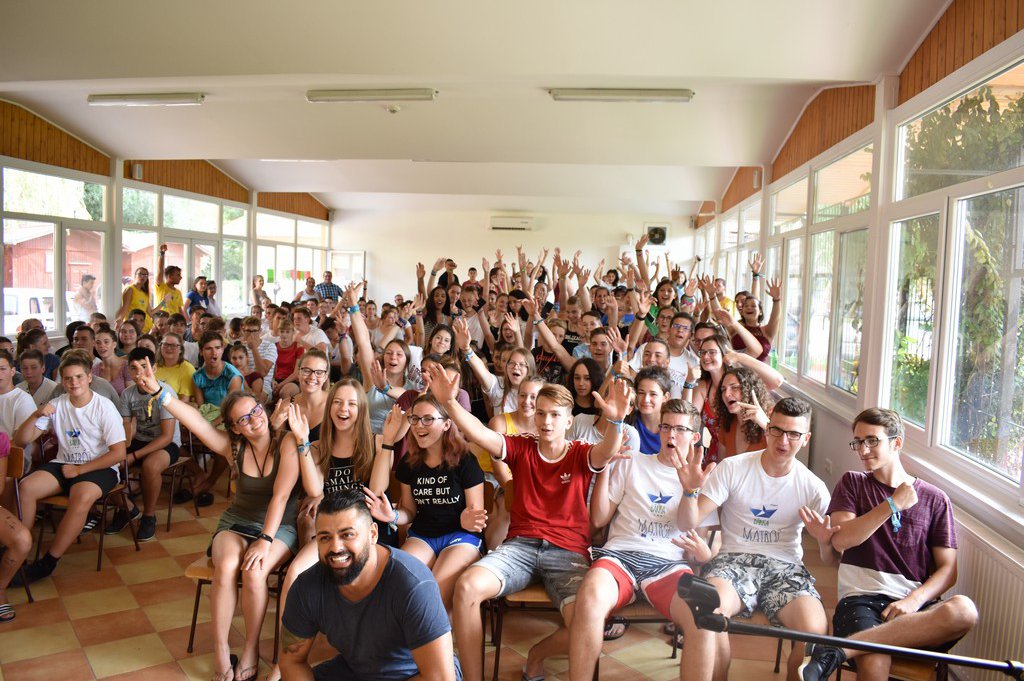The main goal of the project is to promote social inclusion in the framework of six-day thematic residential camps for altogether 6,500 students between 2018 and 2021, financed by EU funds. Participants are mostly socially disadvantaged children living in so called “convergence regions”, connected to the public education system of RCH.
In 2020, for the third year in a row, RCH is organizing a series of camps for children and youth with the aim of closing the advantage gap, offering catch-up opportunities and social inclusion for socially disadvantaged kids. Due to the COVID-19 pandemics, camps planned for June had to be postponed, but 5 sessions in August and September will take place at the lake Balaton, in two conference centers of RCH.
Since the start of the Ark (Bárka) camp project in 2018, a total of 3,097 children living in the most disadvantaged regions of the country, typically related to the Reformed institutional system and participating in public education were provided with the opportunity to participate in the inclusive program. The venue for the camps is offered by the Reformed Children and Youth Center in Balatonfenyves, and the Soli Deo Gloria Family Hotel and Conference Center in Balatonszárszó.
More than 30% of the participating children and youngsters come from a disadvantaged or multiple disadvantaged situation, and there are children with disabilities and special educational needs among them, as well. Traumatized and abandoned children facing frustration, a sense of failure, or even suffering abuse are also among the participants. These children are much more likely to develop severe emotional and behavioral problems since they live in a social and physical environment that badly influences their development and the learning process of various key competencies. Children, who are at risk out of different reasons, need much more attention and support, especially those who are under special child protection or foster care.
The Ark Camp in using the pedagogical method of experiential education and offering learning opportunities based on practical experience, provides an environment for children with various disadvantages to develop key competencies and skills. The pedagogy of experiential education contributes to closing the advantage gap.
An important experience of the camps is that through a climate of trust created under professional supervision and by offering appropriate professional and spiritual support, showing love and attention, a positive change is possible in the lives of the children who have otherwise suffered so many frustrations.
“This summer we have changed the way how two hundred children put their trust in adults and in the life at general. I know they will return back to the same living conditions, but my hope is that they can recall the positive experiences, and understand that the world is not just like they experience it home, but they have a chance to shape it by love”, said Szandra Prohászka, teacher specialized in experiential education, after the camp finished last year.
“I am endlessly proud of the Reformed Church for organizing these camps. Let us continue for Christ and for the sake of these guys so that we can stand together in front of the royal throne of grace!”, share his enthusiasm Róbert Balogh, Roma pastor of RCH.
“It was a camp of adventure and happiness in every moment and for all of us. Trained and committed teachers and educators, kind and patient helpers made it possible. Patience, acceptance, a quiet words and a loving atmosphere characterized these days, and I have seen that it started to make a change in the life of the kids. The diverse and engaging programs and activities which were consciously coordinated and intertwined, gave our children wings and made them sort of ready to fly”, explained Gyula Bollok, principal of the Bocskai István Reformed Primary School in Papkeszi.
“I live as a Christian, for me it’s fundamental to be surrounded by fellow youngsters who think and feel similarly. For me, the Ark Camp is a huge family!”, summarized her experience one of the participants, Fanni Forrai.
Translated by András Tóth
